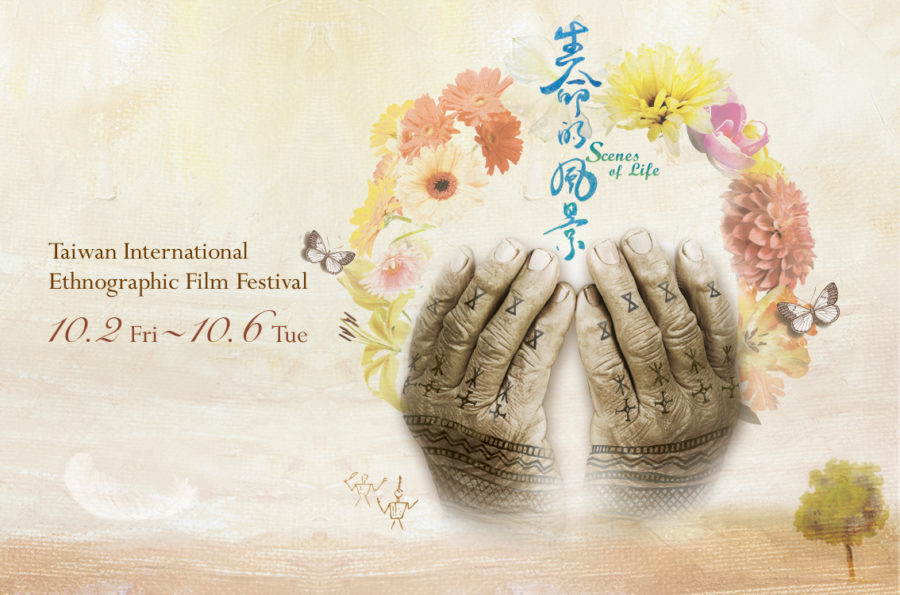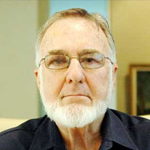Zulay, Facing the 21st Century
Filmed over a span of 8 years, this film is based on dialogue between Zulay Saravino, an indigenous Otavaleña of Equador, and Mabel Prelorán, an Argentine anthropologist living in Los Angeles. The Otavalo Indians are industrious landowners and farmers who have also transitioned somewhat to a textile-based economy, selling handwoven garments to tourists at markets in Quito The film shows the beautiful mountainous landscape of Zulay’s home and the traditions of her people – their work, history, food, clothing and Catholic religious practices. The educated and business-savvy Zulay shares her opinions on tourism and photography and her anger over the stereotypes imposed on indiginous people in Equador. She tells Mabel stories passed down from her elders and reflects upon the trade-offs she’s had to make in leaving her home to come to Los Angeles, where her desire to learn new skills is tempered by homesickness. The film becomes a universal document on transculturation and its implications for identity, education, economic advancement and emotional ties.
Directors
Jorge Prelorán
Filmmaker Jorge Prelorán was born May 28, 1933 in Buenos Aires, Argentina. His father, an engineer, was Argentine and had studied in the United States where he met his wife, an American. Prelorán grew up speaking both Spanish and English and had dual citizenship. Initially pursuing a career in architecture, he studied both in Argentina and the United States and worked for a time as a draftsman. He made his first film, Venganza, with neighborhood friends in 1954. The film won the Beginner’s Festival of Cine Club Argentina that same year. In 1956 Prelorán was drafted into the US Army and served in West Germany until 1958. Upon his return he changed educational plans and began formal study of filmmaking, receiving a Bachelor of Arts in Motion Pictures from UCLA in 1960.
Prelorán’s professional career as a filmmaker began in 1962 with a commission from the Tinker Foundation of New York for a series of films on the Argentine gaucho. From 1963-1969, Prelorán was under contract at the Universidad Nacional de Tucumán to produce educational films; he also produced a…

